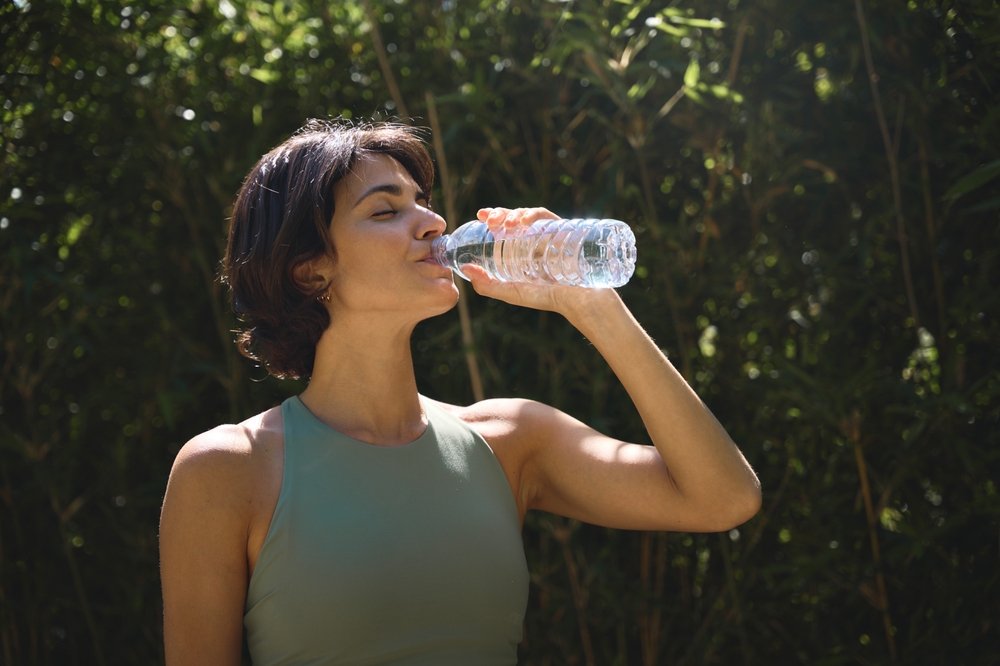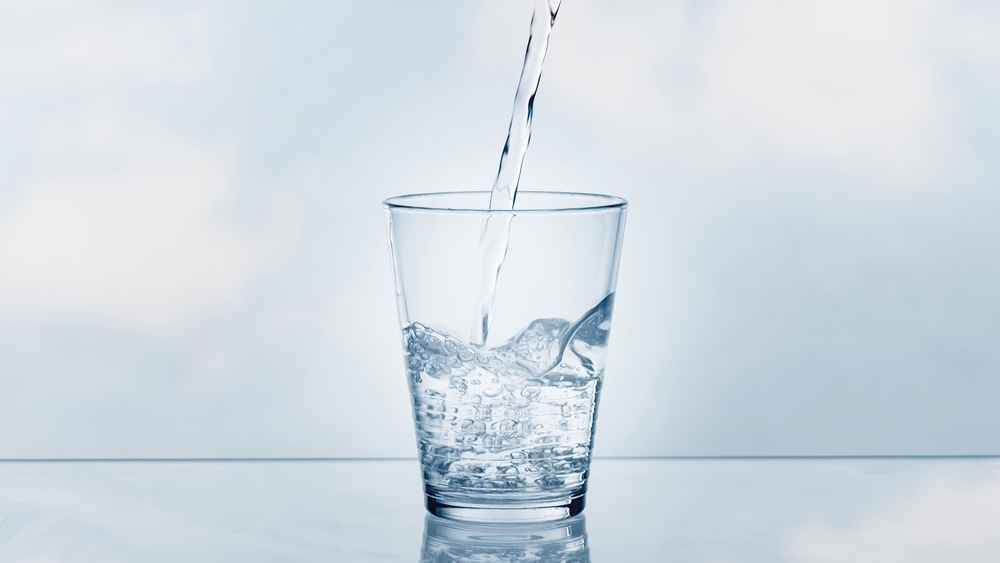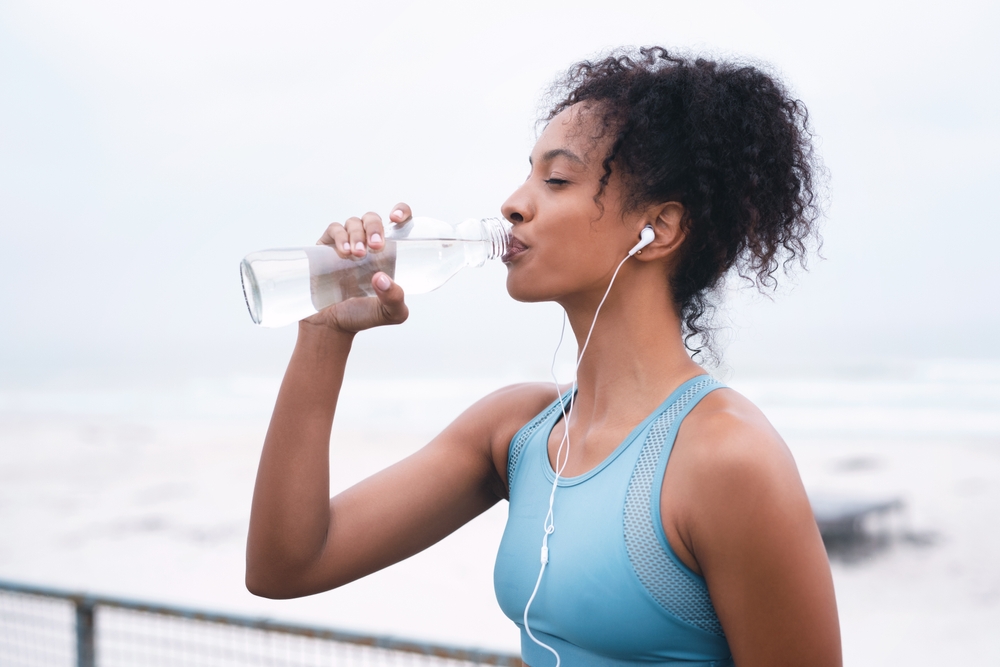Is drinking water the first thing in the morning really beneficial?

You probably heard it a thousand times: “Start a day with a glass of water!” But is this age council really supported by science, or is it just another wellness trend that we are too eager to follow?
With countless influential people and health guru, who promote the advantages of hydration, once you wake up, it is difficult to separate reality from fiction.
We have been told that it helps everything from strengthening metabolism to your skin with a fresh glow. But is there any truth to these claims, or are we just drinking kool-aid?
In this article we dive deep into myths and truths surrounding the popular habit of drinking water in the first morning. We will explore the real advantages of hydration, question some commonly maintained beliefs and explore whether this practice actually lives up to Humbuk. Before you reach for the first glass of water tomorrow, let’s take a closer look at what science really says.
Water is a vital part of life and accounts for around 60% of our body. It plays an important role in many body functions, including nutrient supply, body temperature control, joint lubrication and provision of impact absorption. Given the critical importance of water, there was a growing popularity in the idea that drinking water first thing in the morning offers various health benefits. In this article, we examine the truths and misconceptions that surround this practice, discuss the importance of hydration, and in the morning we look at the possible benefits of water consumption.
Why is water to our bodies essential
Water is a vital nutrient that our bodies need proper functioning. Every organ and tissue in our body rely on water to perform basic tasks, including the supply of nutrients and oxygen to cells, body temperature control and maintaining joints. Without sufficient water intake, dehydration may occur, leading to numerous negative effects on health. Therefore, maintaining proper hydration is the key to ensure optimally the functioning of our bodies.

Is drinking water really beneficial in the morning?
The common belief that drinking water, once you wake up, helps to rehydrate your body completely accurate. Urine color is often used as an indicator of hydration, but research shows that it does not necessarily reflect hydration levels. While drinking water in the morning can help you remain hydrated, timing may not be the most important factor.

Also, claiming better mental clarity or improved skin due to morning hydration is not strongly supported by scientific evidence. While hydration actually affects the function of the brain and the skin of the skin, the time of day is less significant than consistently remained hydrated throughout the day. The most important factor is to ensure that you drink enough water throughout the day, instead of focusing on the morning.
Can drinking water to help with weight loss?
Drinking water before meals can help increase saturation and potentially reduce calorie intake. However, the impact of water on weight loss is complex and includes factors such as metabolism and thermogenesis. While studies suggest that water can increase metabolism through thermogenesis, the timing of consumption seems to have no significant effect on weight loss.
Some studies suggest that drinking water too close to food can even interfere with digestion. For efficient weight management, concentration on the overall healthy lifestyle and a balanced diet is more important than emphasizing when you drink water.

Revealing moisturizing myths

There are many myths about hydration, such as the idea that drinking water in the morning can eliminate toxins, improve the skin or metabolism of appointment. However, scientific evidence does not strongly support these claims.
The natural detoxification processes of the body include primarily the kidneys and while remaining hydrated is necessary for overall health, these unofficial benefits may not correspond to scientific findings. It is important to establish our understanding of hydration on sound, evidence of supported principles.
What is Japanese water therapy?

Japanese water therapy has gained popularity for its supposed health benefits, and the claim that drinking several glasses of water at room temperature can help with problems such as constipation, high blood pressure and even conditions such as diabetes 2.
This practice, which is said to be the core of Japanese medicine, involves drinking warm or room temperature on an empty stomach to cleanse the digestive system and regulate the intestinal health. The advocates also recommend avoiding cold water, as it is expected to slow down digestion by causing fats and oils in the digestive tract.
Although Japanese water therapy is associated with several health benefits, such as improved hydration and potential weight loss through calories, there is limited scientific evidence that promotes its efficacy for the treatment of serious conditions such as diabetes 2. Increased water consumption can certainly benefit the function of the brain, energy levels and help prevent constipation, headaches and kidney stones.
However, rigid protocols involved in therapy, including strict food timing and calorie control, can lead to unintended weight fluctuations or increase hunger. It is important to approach these procedures with caution and consult healthcare professionals before making significant changes in your routine.
How much water should you drink daily?

The ideal amount of water for consumption daily varies depending on factors such as age, level of activity, gender and overall health. The commonly recommended rule “8×8” suggests that drinking eight 8-unnecessary glasses of water a day, but the individual hydration needs may vary. Factors such as climate, physical exertion and specific health conditions should be taken into account. Overall, the stay adequately hydrated supports body functions and increases well -being.
Conclusion

In conclusion, while drinking water The first thing in the morning can have certain advantages, such as supporting hydration and potentially helping to control weight, it is necessary to focus on overall hydration throughout the day than to determine a specific timing.
The body requires consistent water intake to function optimally, and the most important factor is to ensure that you remain hydrated balanced and sustainable. There should be misconceptions of a day of time affecting the benefits of hydration, such as improved skin or increased metabolism.
Moreover, while practices such as Japanese water therapy can offer some health benefits, it is essential to approach them with critical thinking and consult healthcare professionals before accepting new wellness practices. Finally, maintaining proper hydration is the key to support body functions and support overall well -being. Always listen to the needs of your body hydration and decide on a healthier lifestyle.
